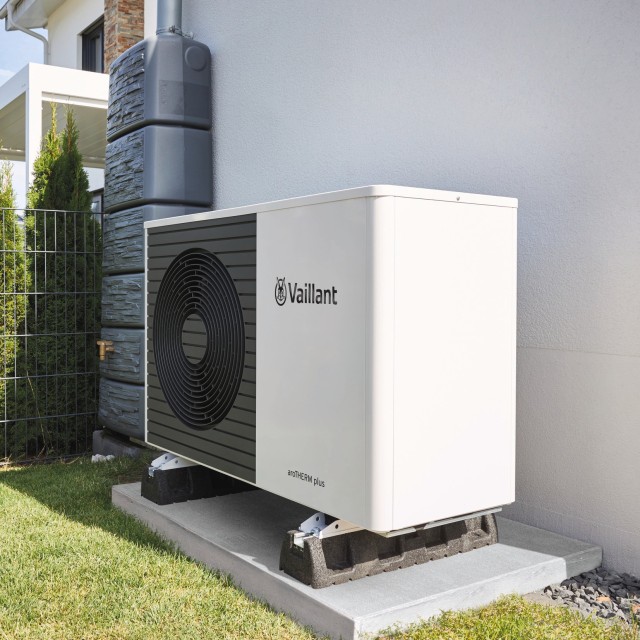What is the Boiler Upgrade Scheme ?
To help meet the UK’s net zero targets, the Government is encouraging more people to upgrade from their traditional fossil fuel boilers to a more energy-efficient solution, like a heat pump.
The Boiler Upgrade Scheme (BUS) is the Government’s financial support tool to help make installations of low carbon heating technologies more affordable. Heat pumps are more costly than gas boilers as they often take longer to install, therefore the BUS is designed to make the transition to decarbonised home heating easier by reducing the upfront costs of heat pumps for homeowners in England and Wales.
The scheme is open to property owners in England and Wales and will run until 2028 and has been granted an extra budget of £1.5 billion as part of an almost £4bn strategy to reduce the UK’s carbon emissions.
Alongside this BUS, there is 0% VAT on installing energy-saving materials including heat pumps. The 0% VAT will run until March 2027.
Please note: For those living in Scotland, there is a different type of funding option. Please learn more about the Home Energy Scotland (HES) grant. In Northern Ireland, there may be alternative funding available.


_image_640w_213h.jpg)
